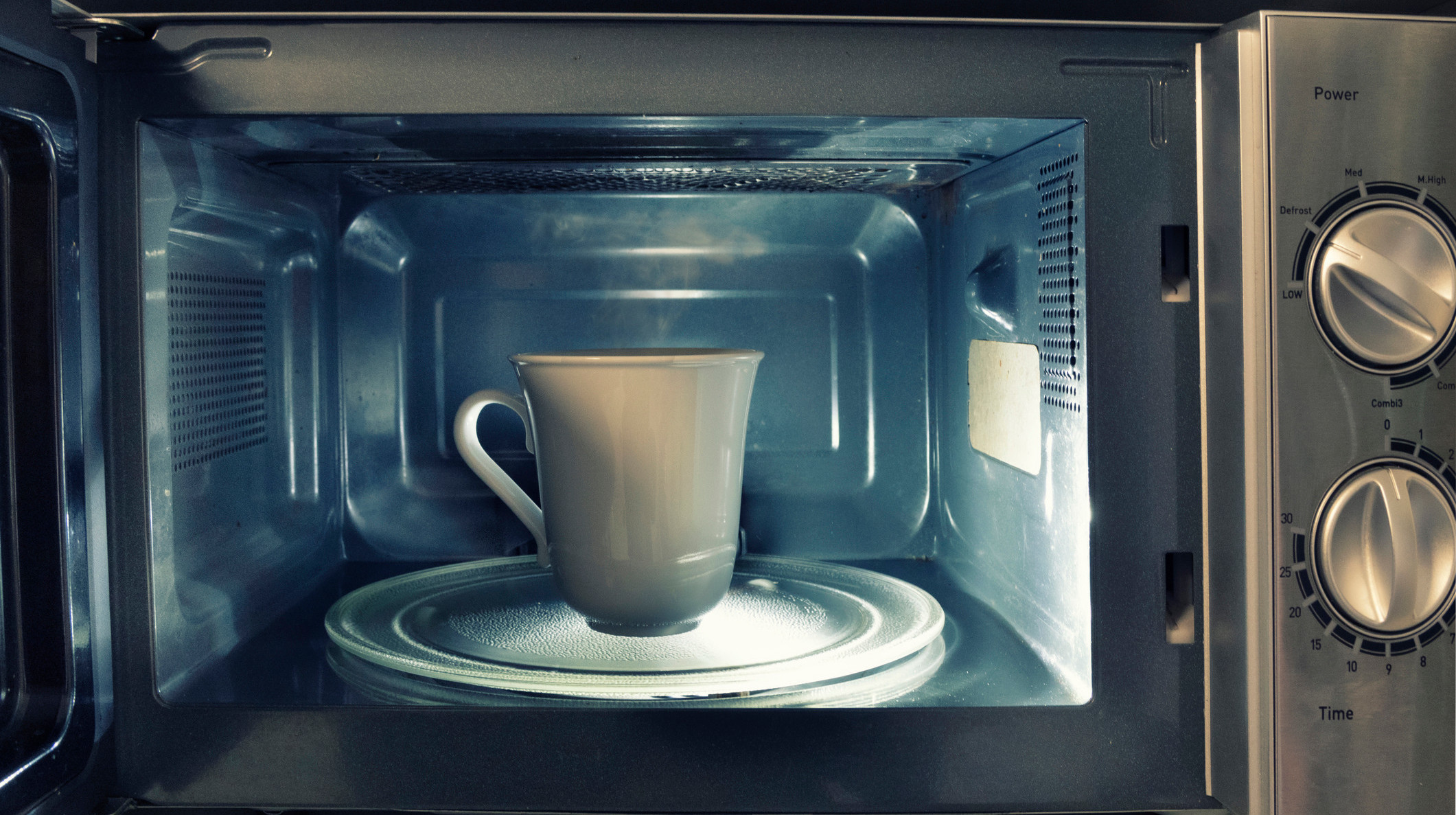Science Proves Brits Are Correct To Heat Up Water In A Kettle
Remember Michelle from North Carolina? She was the TikTok user who set off an international incident by demonstrating how to make "British hot tea" that involved heating up water in the microwave and then dunking the tea bag. Eventually the British ambassador to Washington, D.C., was forced to weigh in and recruit several "military advisors" to demonstrate the real way to make British hot tea.
Now the Chinese have weighed in—specifically Chinese scientists. And I trust them, even more than the British military advisors, because not only are they scientists, the Chinese invented tea. (Specifically, Emperor Shennong in the year 2737 BCE, at least according to legend. It is a fact that by the 8th century CE, Chinese scholars were composing learned texts on the proper way to prepare and drink tea. At that point, the arrival of tea in England was still more than 800 years away.)
In a study published this week in the journal AIP Advances from the American Institute of Physics, the scientists found that microwaves heat water unevenly.
CNN explains:
Typically, when a liquid is being warmed, the heating source — a stove or electric kettle for example — heats the container from below and the process of convection means that as liquid toward the bottom of the container warms up, it becomes less dense and moves to the top, allowing a cooler section of the liquid to contact the heat source. This ultimately results in a uniform temperature throughout the container.
However, in a microwave the heat source exists everywhere so the convection process doesn't occur.
Instead, the heat doesn't circulate and the water at the top of the cup is considerably hotter than the water at the bottom.
But! CNN found another group of scientists who may have a solution to this problem. The team at the University of Electronic Science & Technology of China found that if you put a rim of silver around the top of the cup, it serves as a conductor for the heat, circulating it more evenly throughout the cup. Yes, they know you're not supposed to put metal in a microwave. But they're scientists! "After carefully designing the metal structure at the appropriate size, the metal edge, which is prone to ignition, is located at weak field strength, where it can completely avoid ignition, so it is still safe," explains Baoqing Zeng, one of the researchers.
Still, it doesn't seem like Michelle from North Carolina was using one of those devices, so the Brits are still entitled to their outrage. So remember: if you want a real cup of British tea, fire up the kettle. But always, always put the loose tea in the pot, or a tea bag in the cup, before adding the hot water. I'm not sure why, but there's probably a scientific explanation for that, too.
